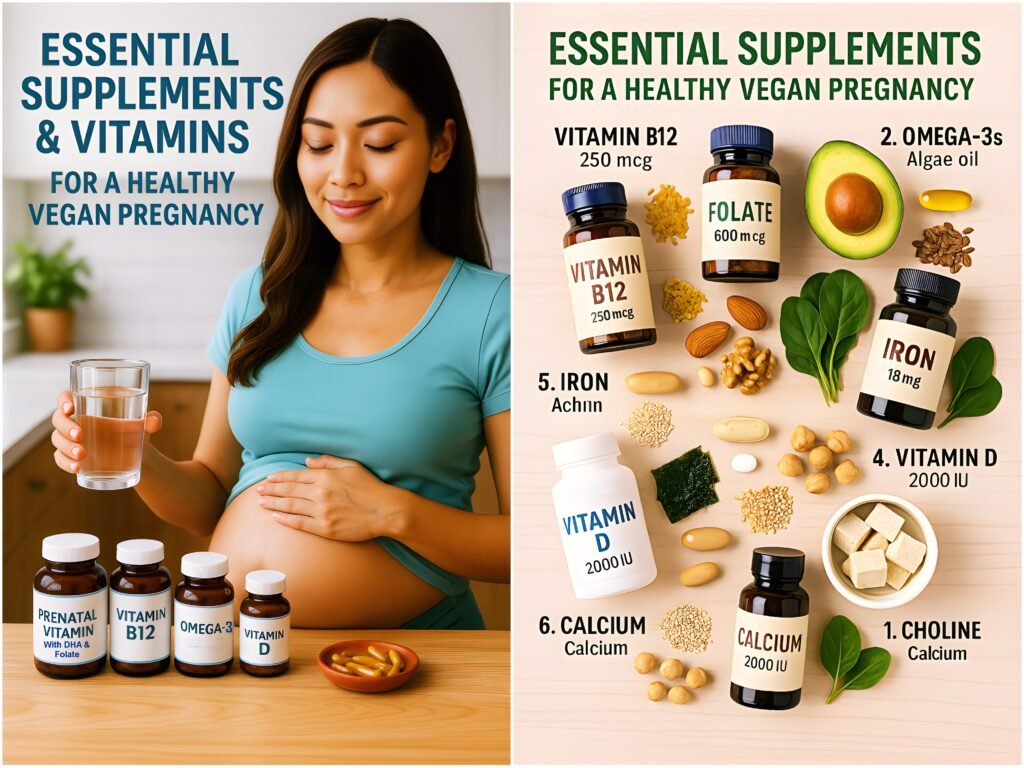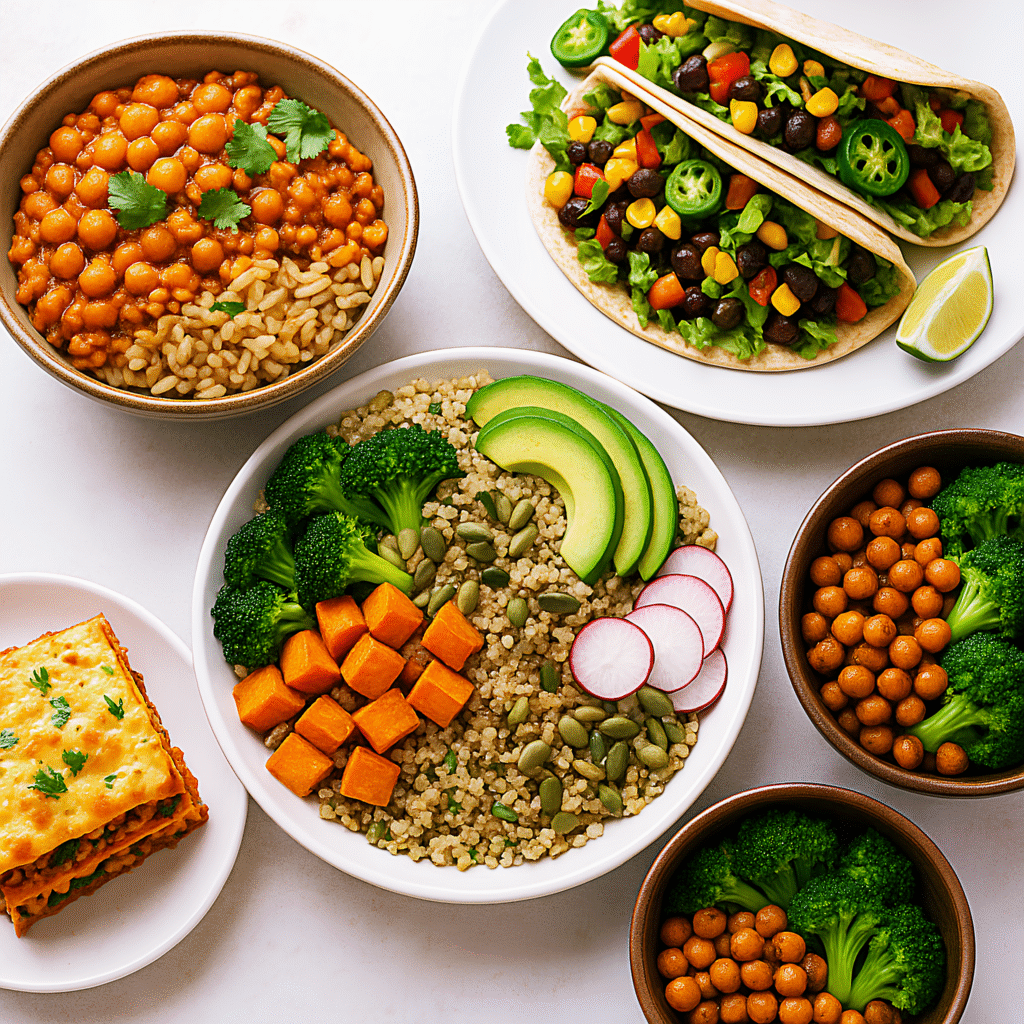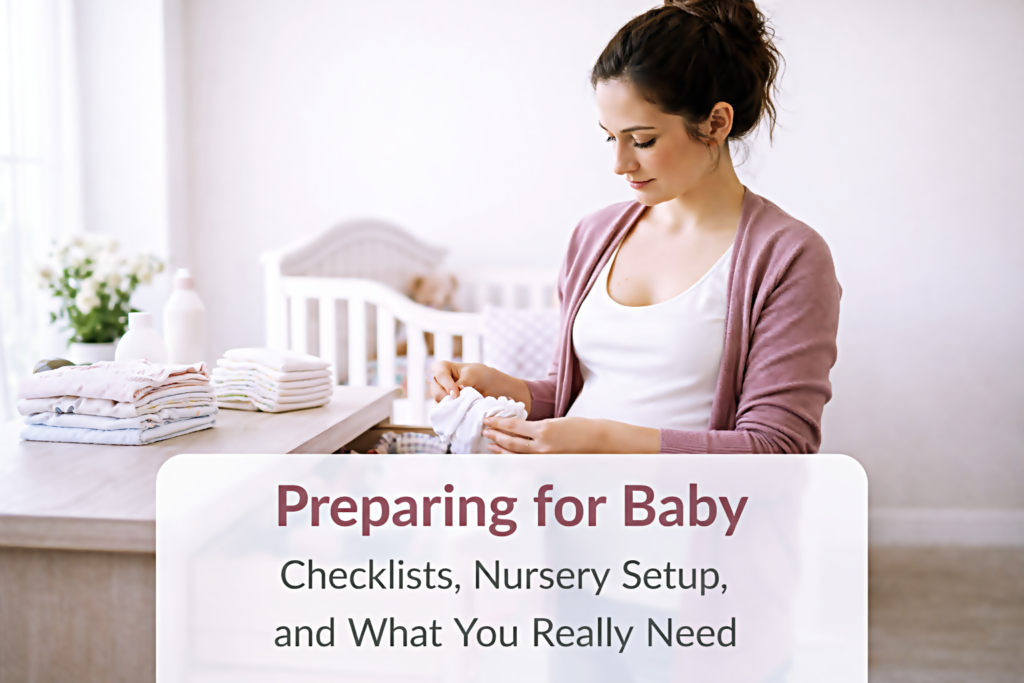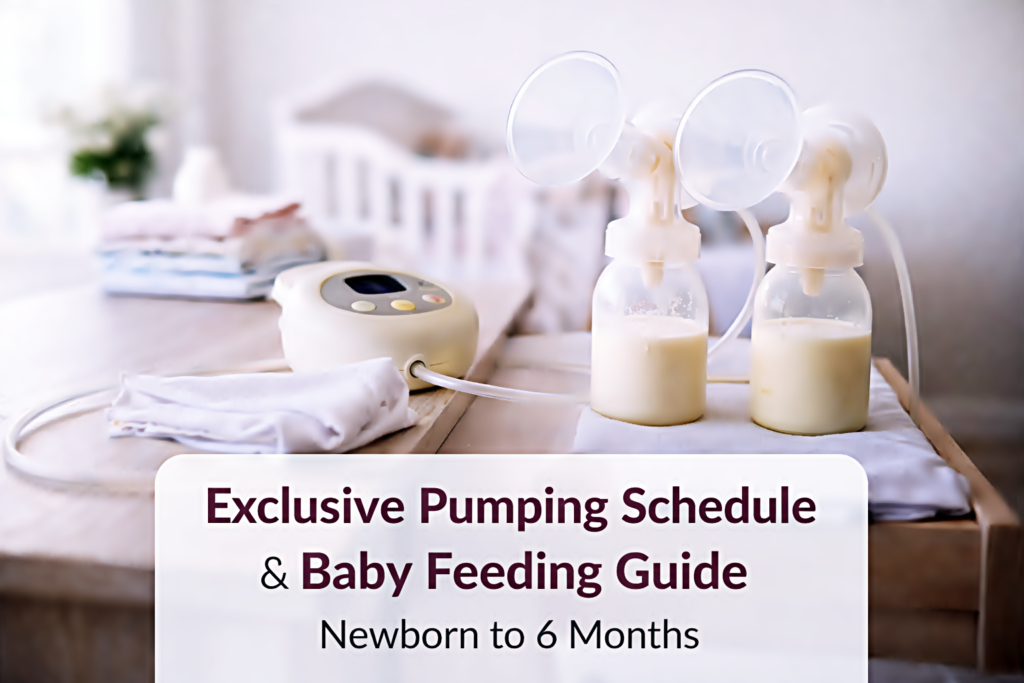Essential Supplements & Vitamins for a Healthy Vegan Pregnancy

Pregnancy is a time of incredible growth and development, and ensuring you get the right nutrients is crucial for both you and your baby. While a well-balanced vegan diet can provide most of what you need, some key vitamins and minerals require extra attention.
In this guide, we’ll cover the most important supplements for a healthy vegan pregnancy, why they matter, and how to incorporate them safely.
1. Vitamin B12 – The Non-Negotiable
Why it’s important:
- Essential for nerve function and fetal brain development.
- Prevents anemia and supports DNA synthesis.
Vegan sources:
- Fortified plant milks, nutritional yeast, B12 supplements (methylcobalamin or cyanocobalamin).
Recommended dose:
- At least 250 mcg daily (or 2,500 mcg weekly).
2. Folate (Not Just Folic Acid)
Why it’s important:
- Prevents neural tube defects (like spina bifida).
- Supports rapid cell growth in early pregnancy.
Vegan sources:
- Lentils, leafy greens, chickpeas, avocado, and fortified grains.
Supplement recommendation:
- 400–800 mcg of methylfolate (active folate)—preferred over synthetic folic acid for better absorption.
3. Omega-3s (DHA & EPA)
Why it’s important:
- Critical for the baby’s brain and eye development.
- Reduces the risk of preterm birth and supports maternal mood.
Vegan sources:
- Algae oil supplements (the only direct vegan source of DHA/EPA).
- Flaxseeds, chia seeds, and walnuts (provide ALA, which converts poorly to DHA).
Recommended dose:
- 200–300 mg of DHA daily (from algae oil).
4. Iron – For Energy & Oxygen Supply
Why it’s important:
- Prevents anemia, which can cause fatigue and complications.
- Supports placenta and fetal growth.
Vegan sources:
- Lentils, tofu, quinoa, pumpkin seeds, and dark leafy greens.
Supplement tip:
- Take iron with vitamin C (like orange juice) for better absorption.
- Only supplement if blood tests show deficiency (excess iron can cause constipation).
5. Vitamin D – For Immunity & Bone Health
Why it’s important:
- Helps absorb calcium for strong bones and teeth.
- Supports immune function and reduces the risk of preeclampsia.
Vegan sources:
- Sunlight (limited), fortified plant milk, and mushrooms (exposed to UV light).
Supplement recommendation:
- 600–2000 IU daily (depending on sun exposure and blood levels).
6. Calcium – For Strong Bones & Muscles
Why it’s important:
- Essential for fetal skeletal development.
- Prevents bone loss in mothers.
Vegan sources:
- Fortified plant milks, tofu, tahini, almonds, and leafy greens.
Supplement tip:
- Aim for 1,000 mg daily (supplement if diet falls short).
7. Iodine – For Thyroid & Brain Development
Why it’s important:
- Supports baby’s brain and nervous system.
- Prevents developmental delays.
Vegan sources:
- Iodized salt, seaweed (in moderation—excess can be harmful).
Supplement recommendation:
- 150–220 mcg daily (check prenatal vitamins for inclusion).
8. Choline – Often Overlooked but Critical
Why it’s important:
- Supports brain development and prevents neural tube defects.
- Many prenatal vitamins lack sufficient choline.
Vegan sources:
- Soy lecithin, quinoa, chickpeas, and supplements.
Recommended dose:
- 450 mg daily (may require a supplement).
Bonus: Prenatal Multivitamin – The Safety Net
A high-quality vegan prenatal vitamin can help fill any gaps. Look for one that includes:
✔ Methylfolate (not folic acid)
✔ B12, DHA, iodine, iron, and vitamin D
✔ No excessive vitamin A (retinol can be harmful)
Final Tips for Supplement Success
Get bloodwork done to check iron, B12, and vitamin D levels.
Space out iron and calcium (they compete for absorption).
Stay hydrated and eat fiber-rich foods to ease digestion.
Conclusion
A well-planned vegan pregnancy diet, combined with the right supplements, can support a healthy and thriving baby. Always consult with your healthcare provider before starting any new supplements.
Did you find this helpful? Let us know in the comments or share your favorite vegan prenatal supplement!





Responses